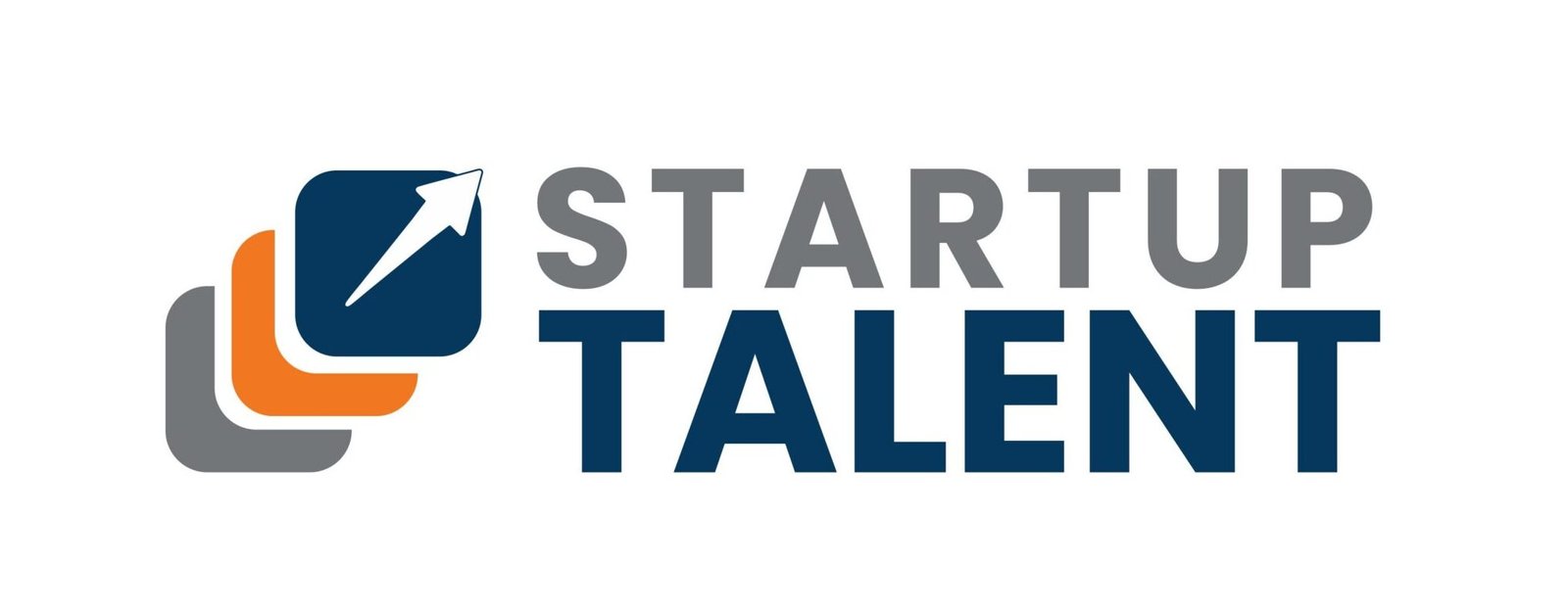As businesses increasingly adapt to a digital-first approach, the trend of hiring remote employees has gained substantial momentum. While the benefits of a remote workforce are compelling, successfully integrating remote employees into your team requires careful planning and execution.
This blog will present factors every business needs to know about hiring remote employees.
Understand the Benefits of Remote Work
Remote work offers several advantages. When you Hire Remote Employees, you grasp the opportunity to increase productivity, as many employees find they are more productive without the distractions of a traditional office environment.
Hiring remote employees can also help businesses save on overhead costs such as office space, utilities, and office supplies. Moreover, remote work allows you to hire the best talent regardless of their location. These factors contribute significantly to your startup’s success in your chosen industry.
Define Clear Job Roles and Responsibilities
To efficiently hire remote employees, clarity is pivotal. You must ensure job descriptions about roles, responsibilities, and expectations are detailed and specific. Doing this helps potential candidates understand what is required and enables you to find the right fit for your team.
Effective Communication is Crucial
Communication can be more challenging with remote working. To overcome this, consider regular check-ins and schedule regular video calls to stay connected and address any issues promptly.
It would help if you also used tools like Microsoft Teams, Asana, or Slack to encourage communication and collaboration. You can also establish clear channels for different types of communication, such as email for formal communication and chat tools for quick questions.
Focus on Onboarding and Training
A robust onboarding process is essential for integrating remote employees. You must provide comprehensive training materials, conduct virtual orientation sessions, and ensure new hires understand your company’s culture and values.
Doing this will help them feel connected and supported from day one. This practice will also help you create an encouraging and welcoming work environment despite having a remote workforce.
Prioritize Trust and Accountability
Remote work thrives on trust. You must set clear expectations and trust your employees to complete their tasks. You can implement systems for tracking progress and measuring performance without micromanaging. You can also conduct regular performance reviews and feedback sessions, which can help maintain accountability among your remote employees.
Cultivate a Strong Company Culture
A strong company culture is vital for remote working. You should create a sense of community through virtual team-building activities, informal social interactions, and recognition programs. You can also encourage employees to share their experiences and ideas to build a cohesive and engaged team.
Embracing Technology
Using the right technology can make a significant difference in managing a remote workforce. You must invest in reliable communication, cybersecurity, and project management tools. You must ensure all employees have access to the necessary resources and support. Doing this will allow your employees to work cohesively in a remote setting.
Address Legal and Compliance Issues
Hiring remote employees may involve dealing with different legal and compliance issues. You must know the employment laws in your remote employees‘ locations. Also, consider consulting with a legal expert to ensure compliance with local regulations, labor standards, and tax laws.
Focus on Work-Life Balance
Hybrid remote work can blur the lines between professional and personal life. It would be best if you encouraged employees to maintain a healthy work-life balance by setting boundaries, prioritizing self-care, and taking breaks.
This approach can lead to increased job satisfaction and reduced burnout. By promoting these practices, you can win the trust of your workforce and successfully retain them.
Measure Success and Adapt
You must continuously assess the effectiveness of your hybrid remote work strategy. Collect employee feedback, monitor productivity levels, and track key performance indicators. Be ready to make necessary changes to improve everyone’s hybrid remote work experience.
Conclusion
To conclude, Startup Talent can offer numerous benefits to your business. However, it requires strategic planning and execution. You can build a successful remote workforce that drives your business forward by focusing on clear communication, strong onboarding processes, trust, and the right technology. For more information on remote employees, click here.






